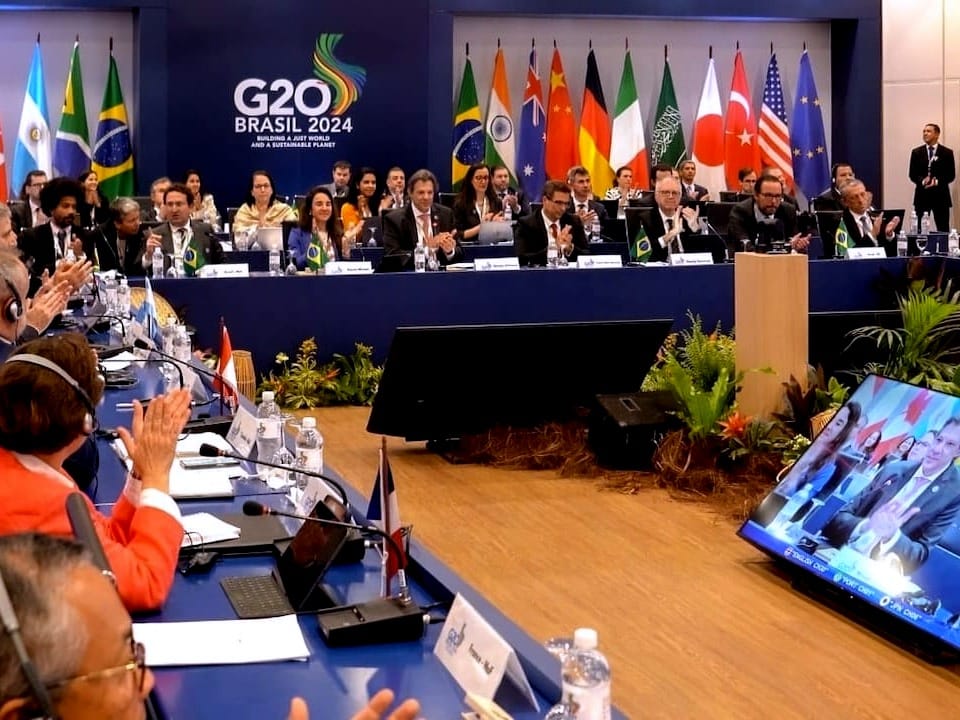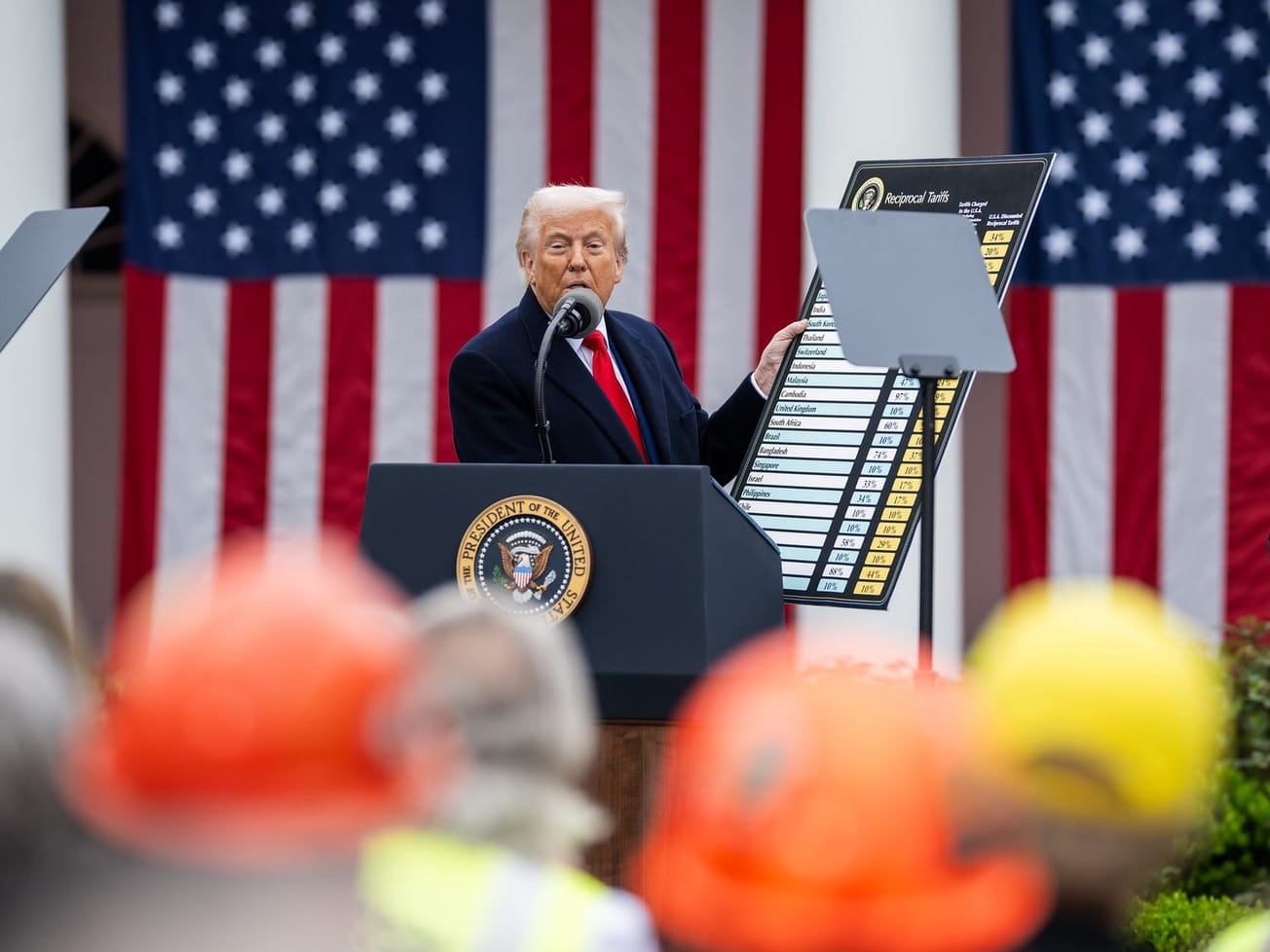Finance ministers from the Group of 20 major economies declared they will seek ways to ensure the wealthiest people pay their fair share of taxes.
What's new: The-G20, a forum of the world's biggest economies for developing global policies on pressing challenges, agree the super-rich are finding too many ways to skirt their responsibilities to collective government spending. The forum's consensus statement on Friday – a ministerial declaration on international tax cooperation and geopolitical issues – promotes collective action but does not specify a global tax.









